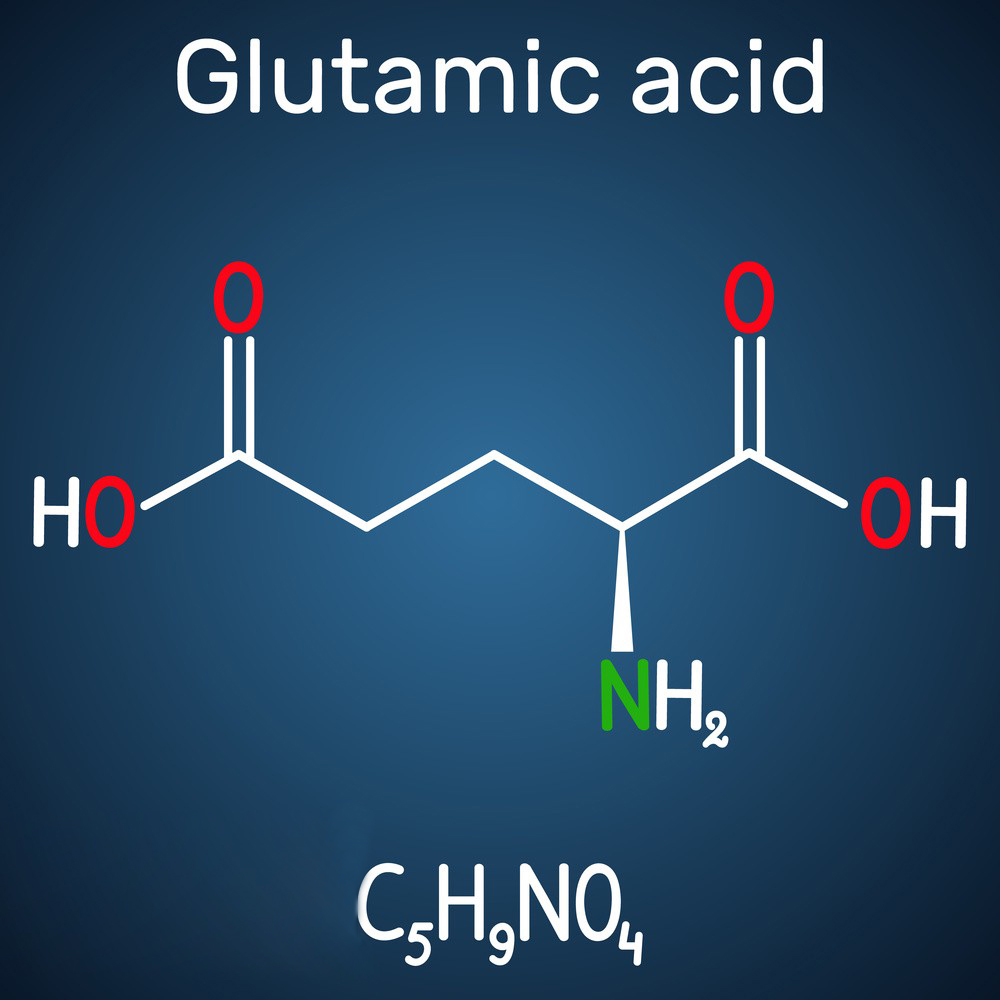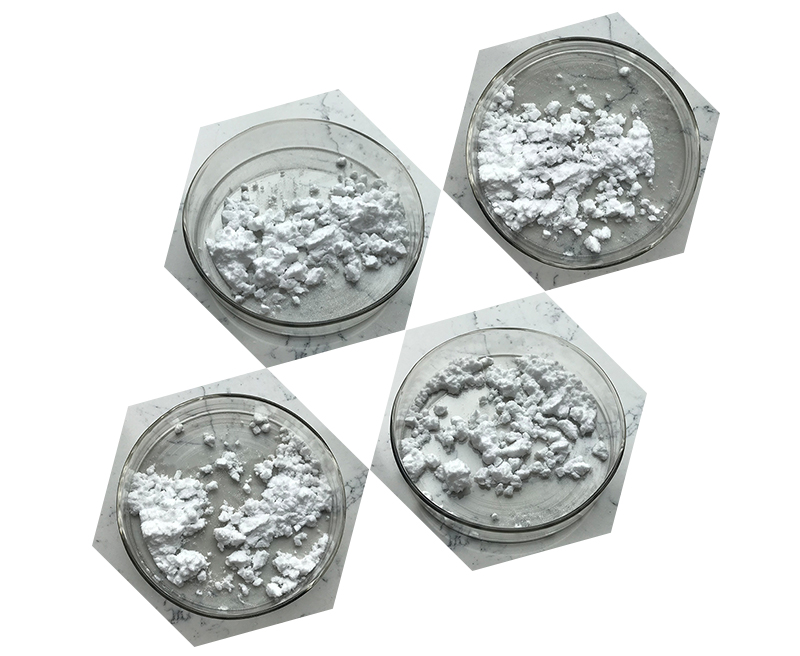L-Glutamic acid is a non-essential amino acid with a variety of uses across different fields due to its versatile properties. Here are some of its primary uses:
1. Medical and Health Applications
- Neurotransmitter: It plays a key role as an excitatory neurotransmitter in the brain, contributing to cognitive functions like learning and memory.
- Dietary Supplement: Used to support muscle recovery, boost brain function, and improve athletic performance.
- Support in Disorders: Sometimes considered in therapies for neurological conditions like epilepsy, depression, and anxiety.
- Protein Synthesis: It aids in building proteins and supports overall cell function.

2. Food Industry
- Flavor Enhancer: L-Glutamic acid is a precursor to monosodium glutamate (MSG), commonly used to enhance umami flavor in processed foods.
- Acidulant: It can be used to adjust acidity in certain food products.
3. Agriculture
- Plant Growth: Used as a component in fertilizers to improve nitrogen assimilation and support plant growth.
- Soil Enrichment: Helps enhance soil fertility by supporting microbial activity.
4. Industrial and Biotechnology Applications
- Bioplastic Production: Acts as a building block in the synthesis of bioplastics like polyglutamate.
- Precursor in Synthesis: Used in producing other amino acids, such as glutamine or proline, or compounds like folates.
5. Research and Laboratory Uses
- Cell Culture: Serves as a nutrient in cell culture media for in vitro studies.
- Biochemical Studies: Investigated for its role in metabolism and cell signaling pathways.

6. Cosmetics
- Skin Care: Found in certain cosmetics due to its hydrating and pH-regulating properties.
L-Glutamic acid is valued for its multifunctionality and adaptability across diverse fields. Its role in the body and industrial processes makes it essential in science and commerce.
